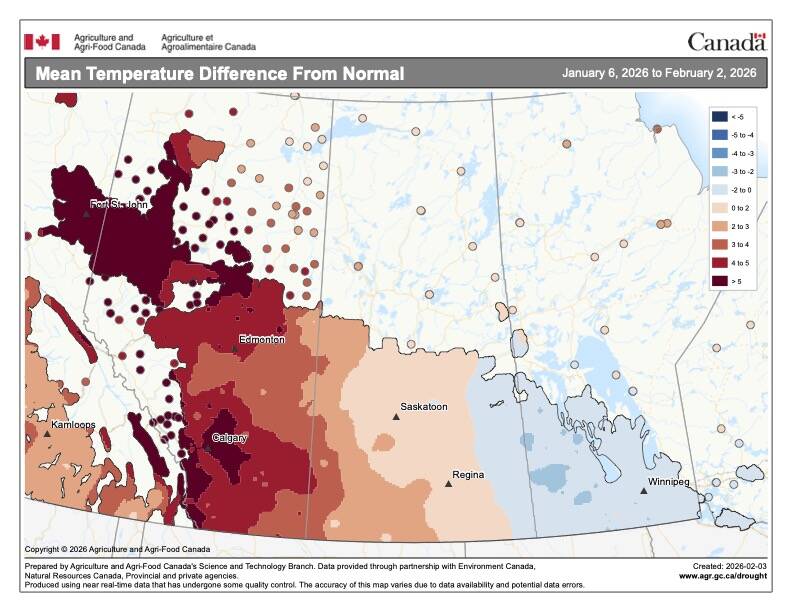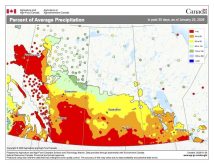Singapore/Reuters — Scientists have detected a clear change in salinity of the world’s oceans and have found that the cycle that drives rainfall and evaporation has intensified more than thought because of global warming.
The finding published April 20 helps refine estimates of how different parts of the globe will be affected by increased rainfall or more intense droughts as the planet heats up, affecting crops, water supplies and flood defences.
Scientists led by Paul Durack of the Lawrence Livermore National Laboratory reported clear changes in salinity patterns across the world’s oceans between 1950 and 2000.
Read Also

Prairie weather all starts with the sun
The sun’s radiation comes to us in many forms, some of which are harmful to organic life while others are completely harmless or even essential, Daniel Bezte writes.
Oceans cover 71 per cent of the planet’s surface and store 97 per cent of the world’s water and are therefore the main source of moisture in the atmosphere through evaporation.
The global cycle of rainfall and evaporation of water from the land and surface of the ocean comprise the global water cycle, with some areas such as the tropics naturally wetter and others, such as large parts of Australia, the United States or northern Africa, drier.
Some ocean regions are saltier, meaning less rainfall and others are fresher, meaning high rainfall, making salinity measurements a good way to measure changes in rainfall patterns.
Durack and team, in a study published in the journal Science, found that the water cycle intensified four per cent from 1950-2000, twice as much as projected by climate models.
“These changes suggest that arid regions have become drier and high-rainfall regions have become wetter in response to observed global warming,” Durack, a post-doctoral fellow, said in a statement.
Durack and team combined salinity data from 1950-2000 and the relationship between salinity, rainfall and evaporation in climate models to find that for every °C of warming at the Earth’s surface, the water cycle strengthens by eight per cent.














